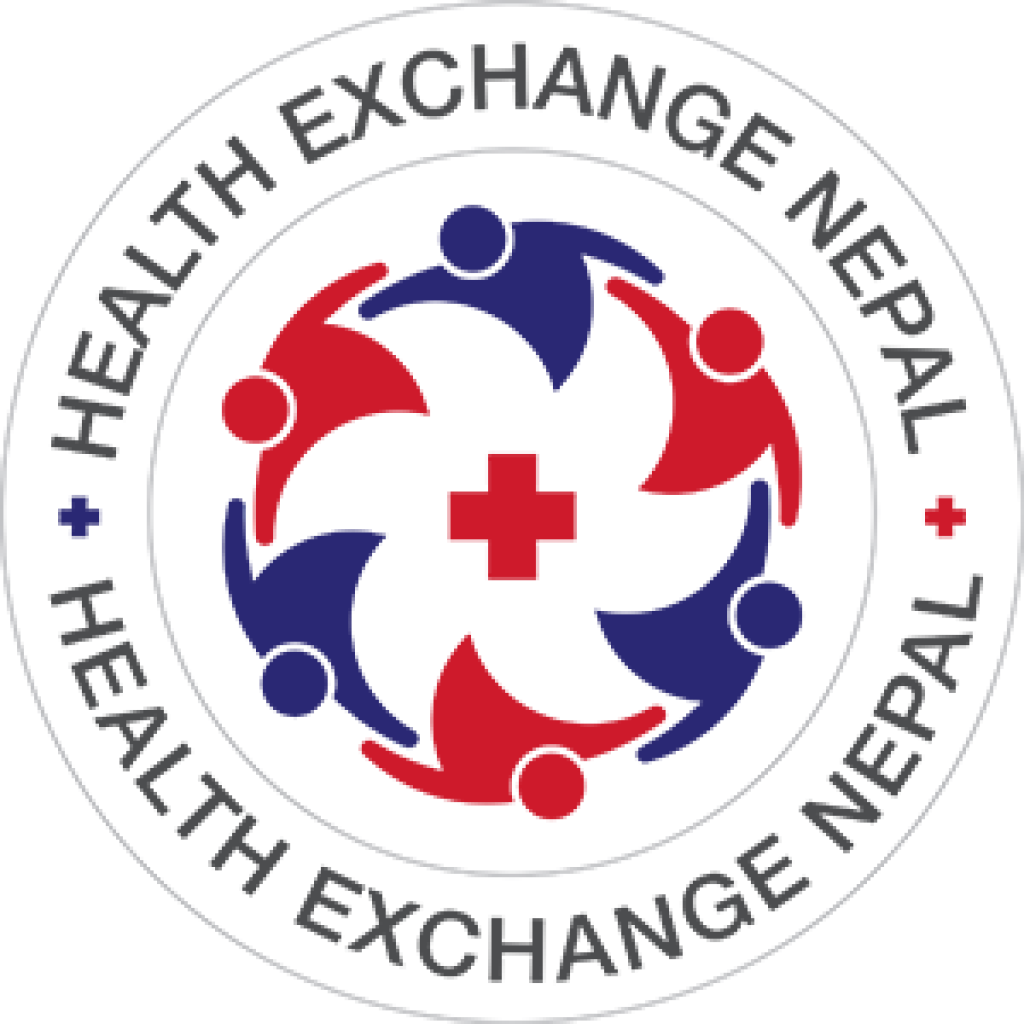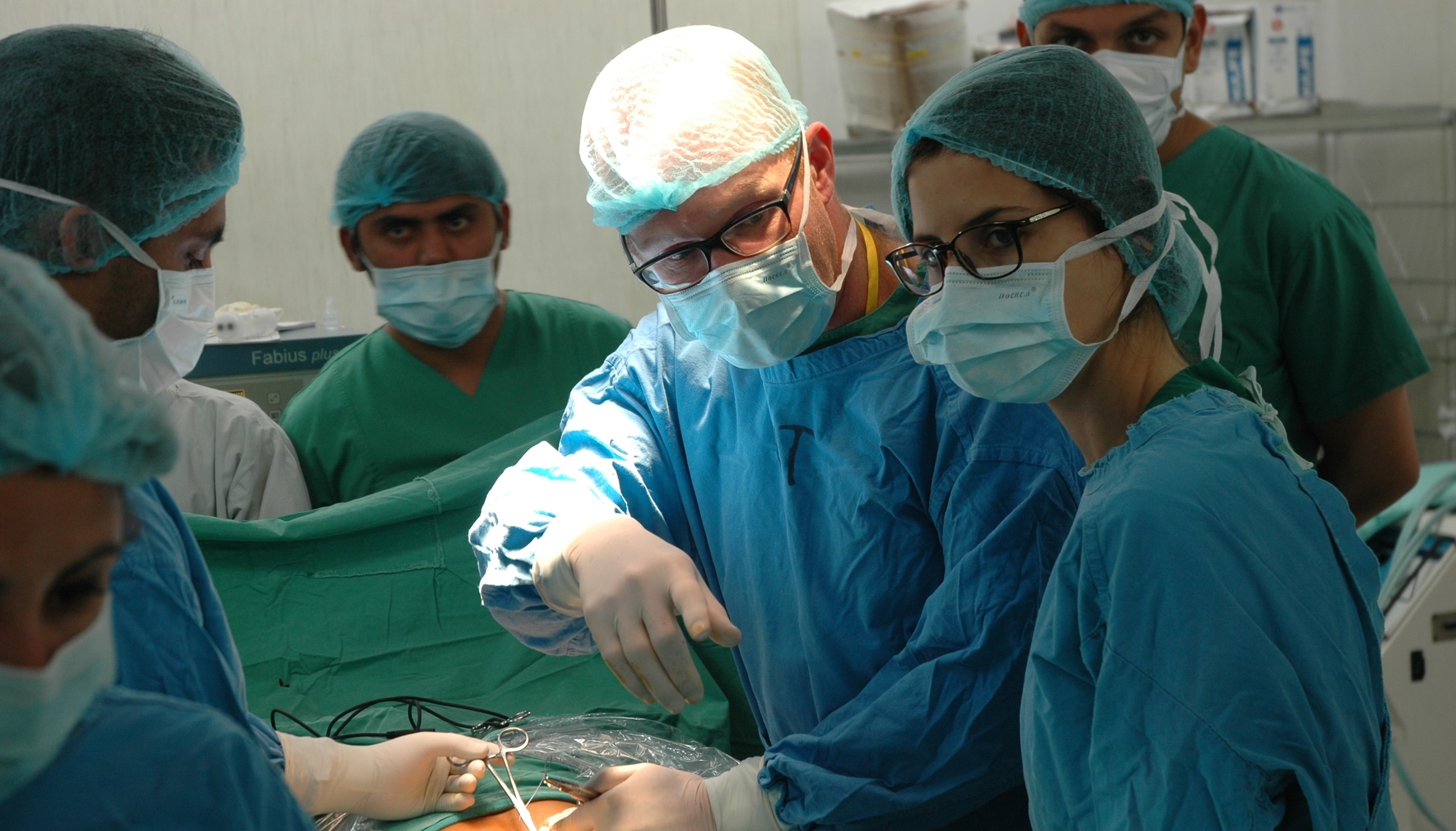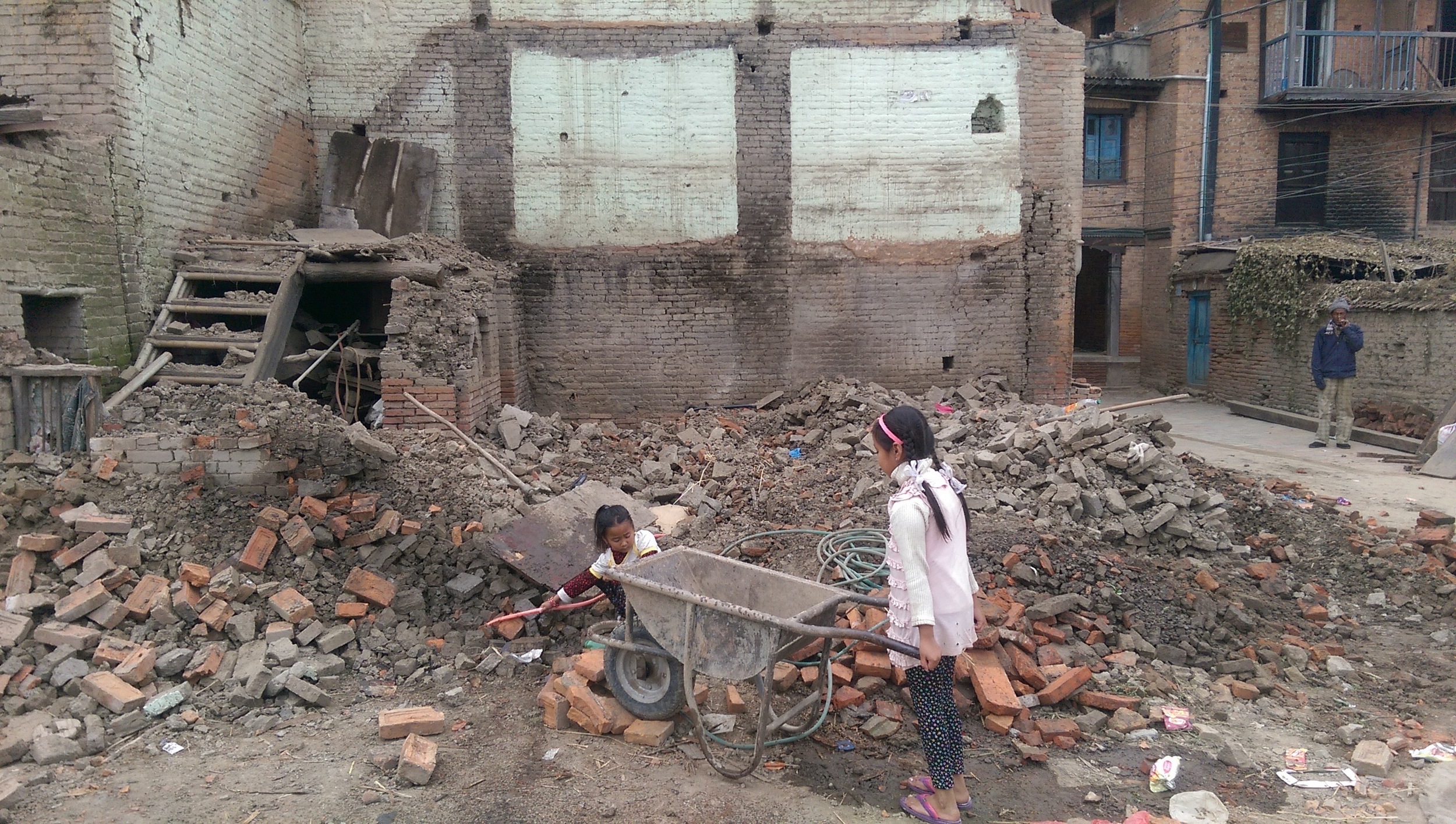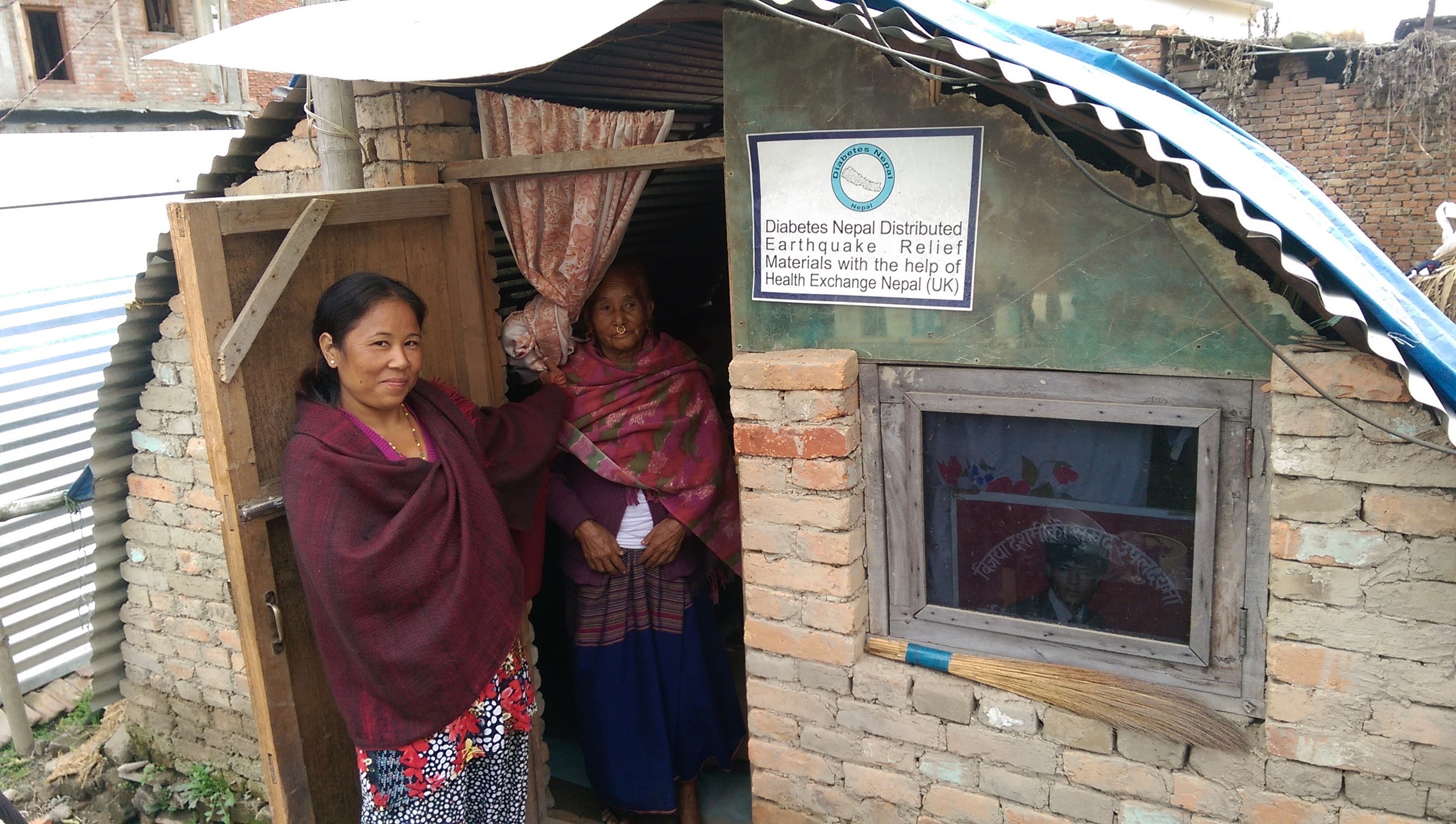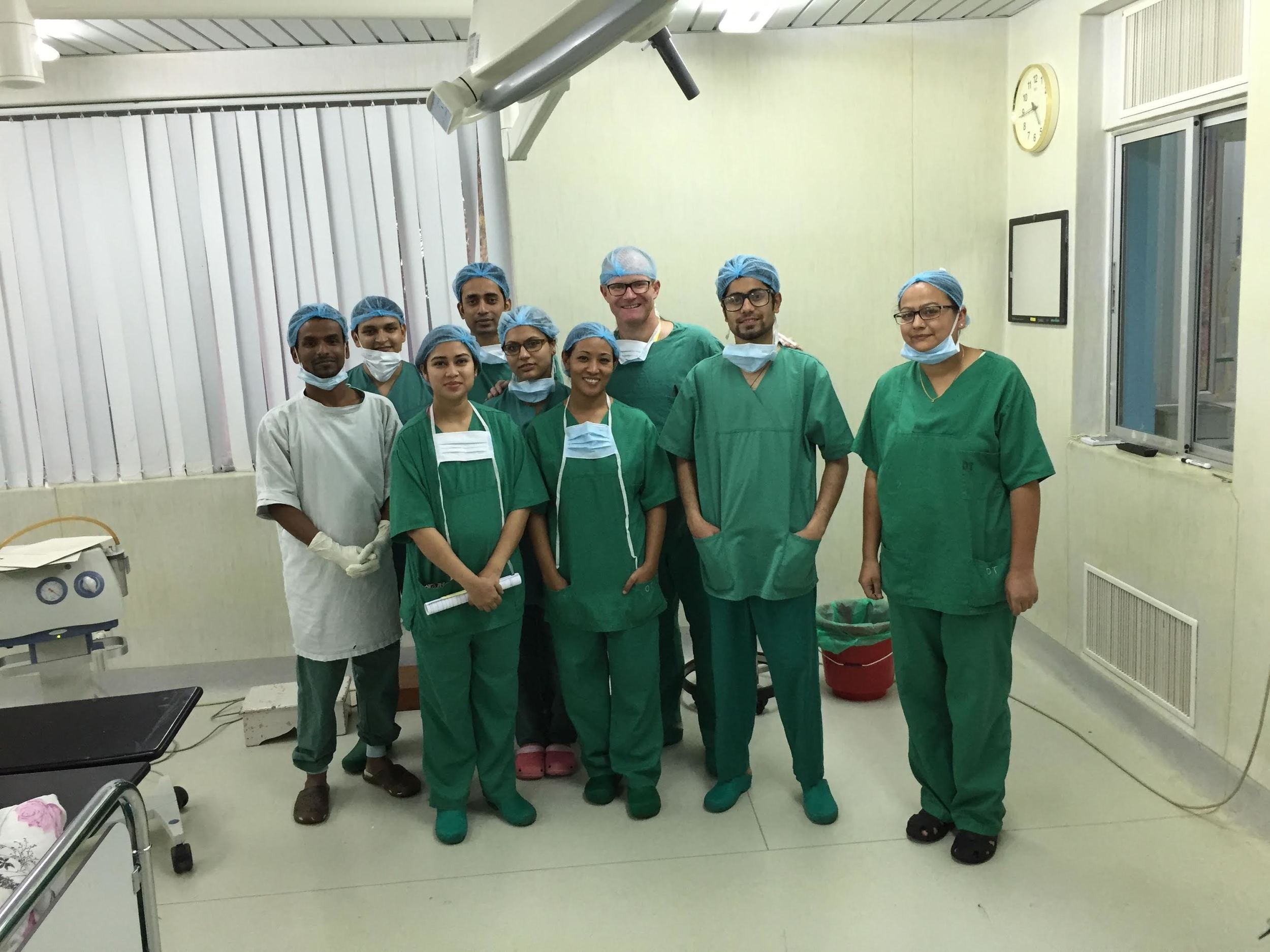Health Exchange Nepal has worked in Nepal with our healthcare partners on a number of successful clinical projects.
Kathmandu Institute of Child Health (KIOCH)
Almost 25% of the population in Nepal lives in poverty. Over 40% of Nepals population is below the age of 18 years, which amounts to almost 12 million children. Disparities in health outcomes by gender, ethnicity, and geographical location exist. Kathmandu Institute of Child Health [KIOCH] is a not-for-profit organization established in 2017. It aims to deliver integrated multispecialty high-quality child healthcare that is affordable, accessible, and available to all, thus advancing Quality of Life of Children in Nepal. KIOCH is led by a group of professionals actively engaged in social welfare and well-being of people. The team comprises of diverse expertise with proven leadership in the field of medical science, social welfare, social enterprise, public communication, and community empowerment, among others. It aims to deliver high-quality child healthcare through establishment of a multi-specialty children hospital in Kathmandu and to expand high-quality child healthcare through establishing satellite centers in strategic locations of all seven provinces of Nepal. Support from all well wishers are needed to ensure equitable healthcare considering poor, urban poor, and people from remote areas and marginalized groups. We will be hosting a special event in the Speaker’s State Room at the Palace of Westminster on 4th July 2023, where Sir Lindsay Hoyle, Speaker of the Parliament, will launch this project in the UK. To help please text ‘NEPAL 11’ to 70450 to donate £11 or click here for online donation.
Hospice Nepal
With the popularity of modern medicine in Nepal, there has been a tendency to provide active treatment until the patient dies. At certain stages of disease there may be no possibility of a cure. At that stage, keeping patient comfortable is more important than treatment and hospice treatment is very important for such patients. Hospice Nepal was the first such institute established in Nepal and it has ambitious plan to expand into a new building. HExN organised 35 runners to run the Manchester 10K on 19th May 2019 to raise funds for Hospice Nepal’s development programme. We donated US$ 30,000 to Hospice Nepal, which helped them to buy land for their own site for patient treatment and training.
Manthali Hospital
We worked with ‘The Little Things’ and Tamakoshi Co-operative Hospital to provide instruments for a cardiac and gastroenterology centre. This will be helpful for the delivery of care at their doorstep of people in eastern Nepal. The total cost of project was £35,000. Now the specialists from Kathmandu travel there regularly to perform specialist tests such as Echocardiogram, Treadmill test and Endoscopy.
Supporting the Parents Care Home in Nepal
Health Exchange Nepal has supported Parents Care Home in Kathmandu.
The Parents Care Home is a non-governmental organisation that has provided a home for 10-15 vulnerable elderly and disabled people for the last five years.
The fund of £2500.00 will be used for day to day operation of the care home including the provision of food, clothes, health care and other general activities.
To find out more about Parents Care Home, visit the Facebook page.
Funding Tin Shelters in Siddhipur
In collaboration with our friends at Diabetes Nepal, we allocated funding towards helping re-build the village of Siddhipur, a community in the Kathmandu Valley devastated by the 2015 earthquakes.
In November 2015, the villagers welcomed us into their new tin shelter homes, funded by your donations. It is hoped that these families can stay in the shelters for a few years until their permanent dwellings are constructed. HExN is also supporting Doctors for Habitat to develop 100 shelters in the Gorkha district.
Health Camps and Television Provision at Kanti Children's Hospital
HExN conducted health camps on hospital grounds in the aftermath of the earthquakes.
The charity funded the development of a closed loop television system at the hospital, and plan to fit television sets in all wards.
18 television sets have been fitted so far and we need further funds to fit a further 22 sets.
This television system will enable children and visitors to enjoy their time as inpatients, and also promote healthy living by showing educational DVDs.
We have also helped conduct ‘Child Abuse’ training that will take place in April 2016.
Deusa Village Health Post
HExN has been providing regular medical support to a remote health post in Deusa Village in north-eastern Nepal since 2008.
Working with Rural Assistance Nepal (RAN), our charity assisted with placing some medical students and other medical volunteers who wanted to volunteer at rural hospitals, rather than in Kathmandu. If you wish to volunteer in Nepal, please contact RAN directly.
We also provided financial support (via RAN) to Tamekoshi Cooperative Hospital which is mainly used to help cover the cost of running free healthcamps around Ramechapp.
Laparoscopic Skills Course at Dhulikhel Hospital
In December 2015, HExN held its 3rd laparoscopic (keyhole surgery) skills course at Dhulikhel Hospital near Kathmandu.
The three day course included a day of interactive lectures and case discussions before two days of simulator exercises and experience in the operating theatre.
Over the last two years, four laparoscopic surgery simulators have been donated by HExN and by i-Surgicals Ltd, their manufacturer.
This course provides consultants and trainee surgeons from all over Nepal with the opportunity to practise and develop laparoscopic skills on these simulators under guidance, before moving into the operating theatre. The development of advances such as laparoscopic or keyhole surgery in Nepal is extremely important as it enable patients to get back to normal activities quicker than after traditional open surgery.
This course is now an annual event in our calendar and we are extremely grateful to the Dhulikhel team for their great hospitality.
Other Training Programmes at Dhulikhel Hospital
Health Exchange Nepal has coordinated and developed many training courses at the hospital, including:
The respiratory update course in 2015 in partnership with Royal College of Physicians of Edinburgh. A second course will run in April 2016.
The neonatal life support training. HExN trained a Dhulikhel physician, and we will return in March 2016 to conduct further training.
Numerous nursing conferences.
Cardiac thoracic unit development. With help from Leicester Hospital, HExN delivered six ventilators and one anaesthetic machine to the hospital.
Health Exchange Programme
Health Exchange Nepal is very active in the exchange of personnel, equipment and medical practice between the UK and Nepal, and has supported numerous projects:
Supporting Nepalese health care professionals to train in the UK to improve the use of Renal Transplant techniques at Bir Hospital in south-west Kathmandu.
In 2010, Lancashire Teaching Hospital in the UK donated Centralized Cardiac Monitoring and ITU equipment to Patan Hospital south of Katjmandu. The estimated cost of equipment was £75,000 and Health Exchange Nepal funded the transport to Nepal.
Funding travel and accommodation for a Nepalese radiologist to improve Intervention Radiology techniques via a placement at the Radiology Department at Lancashire Teaching Hospital, UK, in April 2010.
Supporting UK trained doctors to volunteer in Nepal, arranging their registration with Nepal Medical Council, and organising placements within the hospital.
Funding the training equipment for the airway access workshop at the Society of Anaesthesiologist of Nepal (SAN) annual meeting. SAN has also distributed anaesthetic equipment donated by UK hospitals and collected by our members.
Coordinating the Mental Health First Aid (MHFA) training programme in November 2011; organised by The Nepalese Doctors’ Association UK.
Diabetes Nepal Partnership
Diabetes Nepal is a registered charity in Nepal which is working to improve the lives of Nepalese people with diabetes. HExN General Secretary Professor Satyan Rajbhandari has worked with Diabetes Nepal on a number of projects:
Our General Secretary Professor Rajbhandari has co-oordinated six annual professional diabetes conferences in Nepal, facilitating the UK faculty travel to Nepal. He is also responsible for designing the Diabetes Nepal programme.
During the earthquake, we worked with Diabetes Nepal to distribute relief material to nearby villages. We provided food, drinking water and tents to villagers for immediate relief. Later on we built semi-permanent structures in the villages of Luvu and Siddhipur to protect them from rain and water.
We have offered HExN fellowship to a number of doctors and nurses to train in diabetes in the UK.
Dr. Martin Myers from Lancashire Teaching Hospital collaborated with laboratories in TU Teaching Hospital, Bir Hospital and Nepal Diabetes Society clinic to standardise HbA1c.
We helped Diabetes Nepal produce diabetes telefilm to increase awareness of diabetes in Nepal. The film, now subtitled in English, stars famous Nepali actors Madan Krishna and Hari Bansha, and has been transmitted by most TV channels in Nepal. The second part was released in 2023.
Supporting The Nepal Ambulance Service
Health Exchange Nepal was proud to donate £500.00 to help launch the Nepal Ambulance Service in 2010. We assisted in the training of the ambulance crew and helped raise funds towards seven ambulances.
We also teamed up with the Society of Anaesthesiologists of Nepal to develop the standard resuscitation programme for Nepal.
If you’d like to become a patron member, visit the Nepal Ambulance Service website.
Sight For Children
HExN supports Dailekh Community Eye Care Centre with their school health programme.
Our funding was used to screen 2000 school children (between 6 and 15 years old) for refractive error and to provide appropriate glasses. The programme has supported 15 - 30% of school children who are suffering from refractive errors in their childhood and provided them an opportunity to learn.
